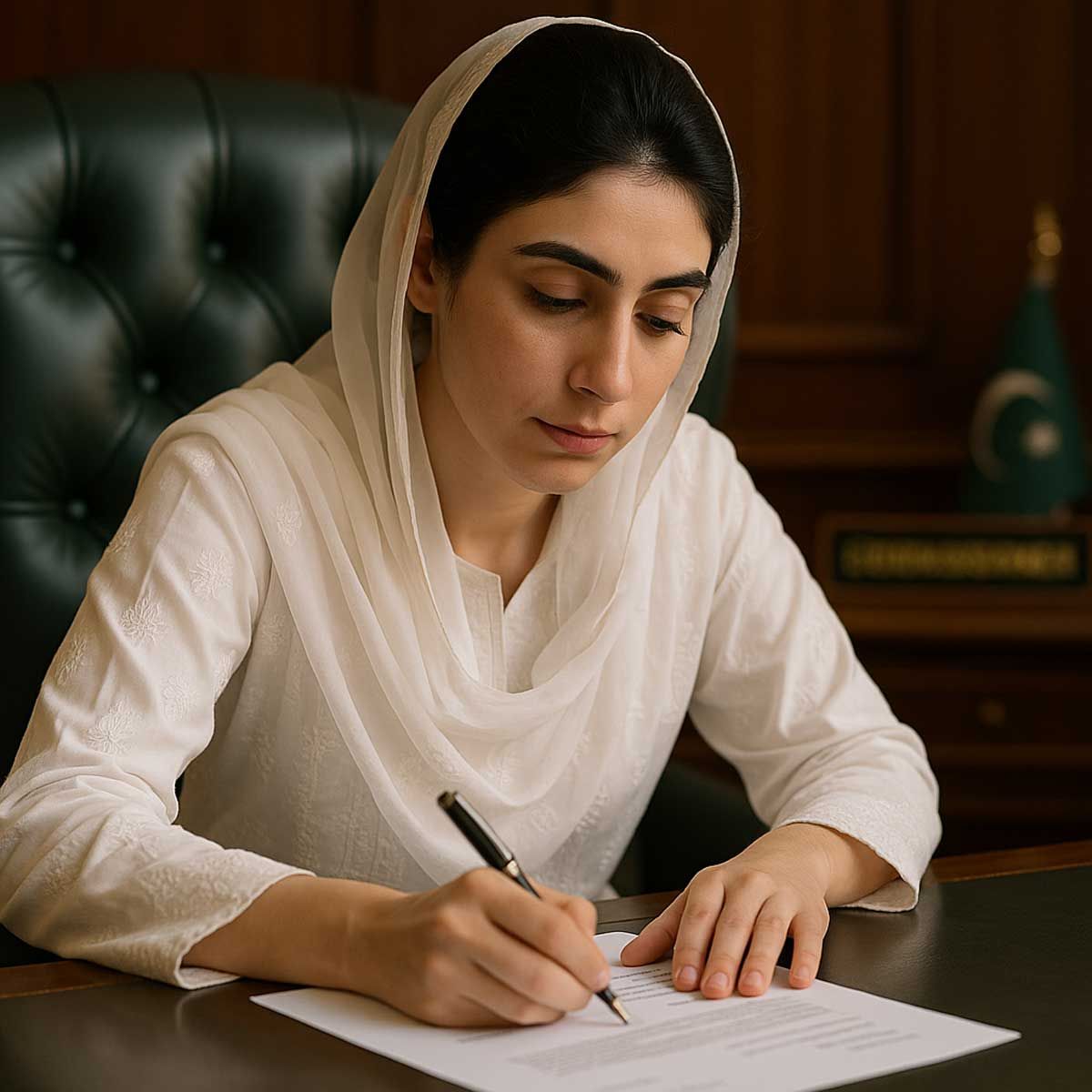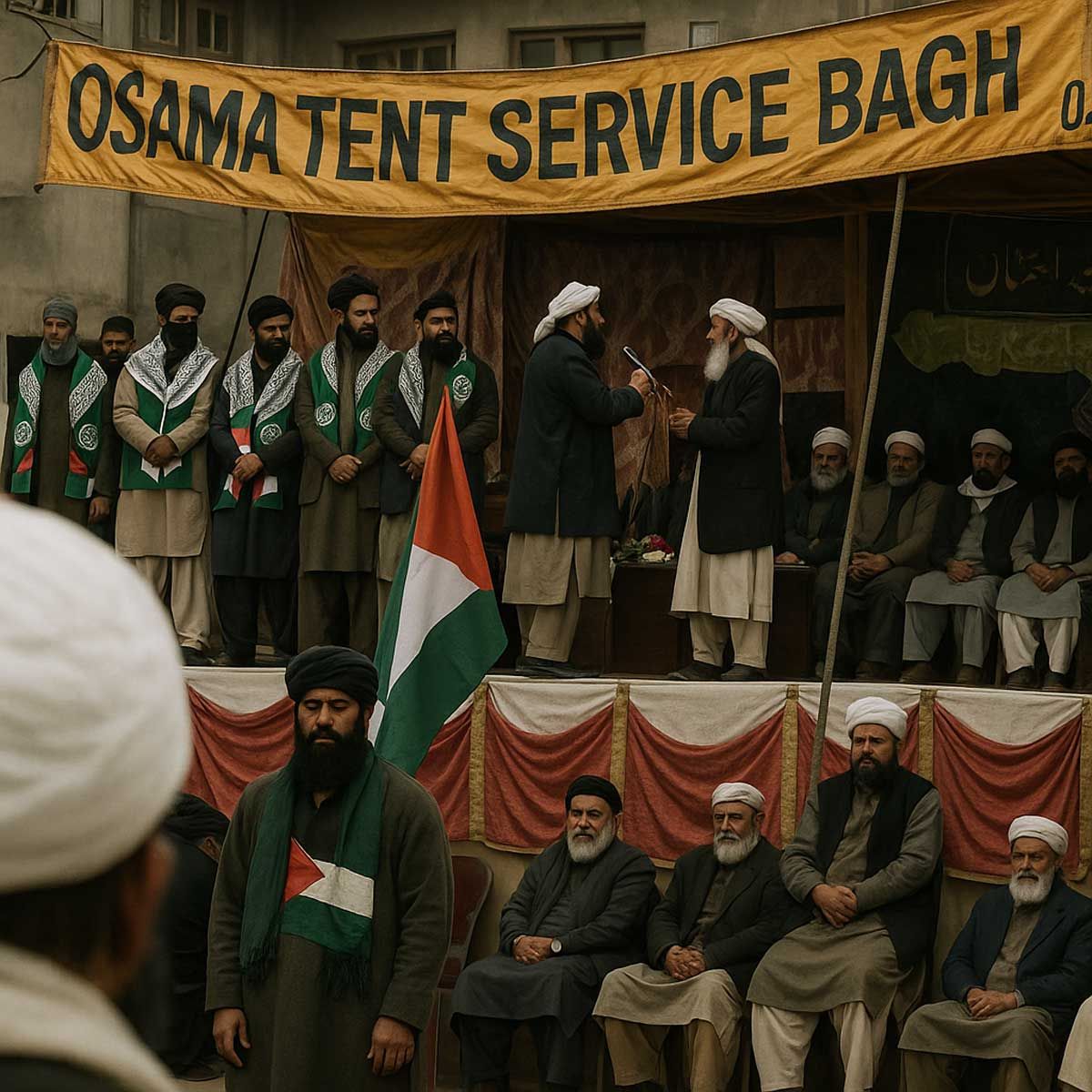Sanatan Articles
Satyaagrah
Written on
Satyaagrah
Written on
Satyaagrah
Written on
Satyaagrah
Written on
Satyaagrah
Written on
JOIN SATYAAGRAH SOCIAL MEDIA
Rajiv Gandhi overturned SC judgement protecting Muslim women’s right to maintenance during talaq: Shah Bano Case

Nowhere have the contradictions posed by an Islamist solution become more evident than in the case of a South Asian Muslim divorcee who sought support from her husband through the court system. To examine the case of Shah Bano is to call attention to the pivotal yet problematic role of one mode of governance, the judiciary, as it functions in the three major Muslim states of South Asia: India, Pakistan, and Bangladesh.
Two points that emerge when one looks at women as an independent category and the judiciary as a crucial dimension of governance. The first is that women are made to represent the cultural norms shared by men and women alike throughout Muslim South Asia. The second is that court cases involving women’s legal rights not only reflect boundary markings between Muslim and other communities, they also heighten tensions about their maintenance, even as they complicate notions of what it is to be both Asian and Muslim in the late twentieth century of the common era.
In 1986, the Indian state headed by Rajiv Gandhi set a dangerous precedent of catapulting to Muslim hardliners. The Mohd. Ahmad Khan vs. Shah Bano Begum & Others case and the subsequent legislation passed by the Rajiv Gandhi government in 1986 is often remembered as a pivotal moment in India’s political history.
 |
It all started when Shah Bano, the 62-year-old Muslim woman, filed a petition in court in April 1978 demanding maintenance from her divorced husband Mohammed Ahmad Khan, a renowned lawyer in Indore, Madhya Pradesh. Shah Bano’s husband Khan divorced her by uttering triple talaq later in November stating he was not obliged to pay her any maintenance as she is not his wife under Islamic law.
The two were married in 1932 and had five children — three sons and two daughters. Shah Bano’s husband had forced her to move out of the residence three years before, after living with Khan and his second wife.
Shah Bano, who went to court against her husband, filed a claim for maintenance for herself and her five children under Section 123 of the Code of Criminal Procedure, 1973. In August 1979, Shah Bano won the maintenance case in the local court, which ordered Khan to provide her with the maintenance of Rs 25 per month. However, Khan contested the claim on the grounds that the Muslim Personal Law in India required the husband to only provide maintenance for the iddat period after divorce.
Years later, Shah Bano filed another plea seeking for revised maintenance in Madhya Pradesh High Court. In April 1985, in a historic judgment, the Supreme Court ruled in favour of Shah Bano and upheld the decision by the High Court stating that she was entitled to be paid for maintenance by her husband.
As the Supreme Court upheld the right to alimony in the case, the judgement ignited a political controversy regarding the claim of the judicial overreach in cases that are attached to Muslim personal law. The historic judgement, which had laid the ground for Muslim women’s fight for equal rights in matters of marriage and divorce in regular courts, did not go well within the Muslim community.
Rajiv Gandhi succumbs to pressure of Muslim hardliners
The Muslim hardliners, clerics pushed the then Rajiv Gandhi government, elected in 1984, to pass the Muslim Women (Protection on Divorce Act), 1986. This law overturned the Supreme Court’s verdict in the Shah Bano case. The 1986 Muslim Women (Protection on Rights of Divorce) Act diluted the Supreme Court judgment and allowed maintenance to a divorced woman only during the period of iddat, or till 90 days after the divorce.
The Muslim Women Act in 1986, virtually pitted women’s individual rights against the rights of a religious group and the latter with their street veto power were capable of enforcing the law will over a weak, minority appeasing government led by Rajiv Gandhi.
Most importantly, it took 33 years to correct the historic blunders made by the Rajiv Gandhi government. In 2019, the Narendra Modi government passed the Muslim Women (Protection of Rights on Marriage) Act, 2019 in the Parliament of India criminalising triple talaq and delivered justice to several crores deserted Muslim women just like Shah Bano.
Arif Mohammad Khan – most vocal opponent of Rajiv Gandhi’s Muslim appeasement
The then Prime Minister Rajiv Gandhi, who had towed the line of Muslim hardlines in an effort to appease the community, had surprisingly faced resistance from within his government in the form of Arif Mohammad Khan.
Arif Mohammad Khan, who was the Minister of State in Rajiv Gandhi government, had passionately defended the Supreme Court judgment in the Shah Bano case on the floor of the Parliament. However, with Muslim hardlines began to pressurise Rajiv Gandhi, the government took an u-turn to bring a law to bypass the apex court’s judgement in the Shah Bano case.
 |
As Rajiv Gandhi gave into the pressure of the clergy to reverse the SC decision, a dejected Arif Mohammad Khan decided to walk out of the Rajiv Gandhi Cabinet and also quit the Congress party.
In an interview recently, Arif Mohammad Khan, who is currently serving as the Governor of Kerala had mentioned how he was pressured by the Congress party to withdraw his resignation. The four-time former MP Khan had said that Congress leaders Arjun Singh and Narasimha Rao had asked to withdraw his resignation.
Reportedly, PV Narasimha Rao had said to Arif Mohammad Khan that he was absolutely right to resign morally but politically it was going to become inconvenient for the party and the leadership if he did not take the resignation back. Khan had also recounted how PV Narasimha Rao, a minister in the Rajiv Gandhi government, had remarked that it was not the duty of their party to uplift Muslims and if “they want to lie in the gutter, let them be”.
|
References:
opindia.com - OpIndia Staff
 Support Us
Support Us
Satyagraha was born from the heart of our land, with an undying aim to unveil the true essence of Bharat. It seeks to illuminate the hidden tales of our valiant freedom fighters and the rich chronicles that haven't yet sung their complete melody in the mainstream.
While platforms like NDTV and 'The Wire' effortlessly garner funds under the banner of safeguarding democracy, we at Satyagraha walk a different path. Our strength and resonance come from you. In this journey to weave a stronger Bharat, every little contribution amplifies our voice. Let's come together, contribute as you can, and champion the true spirit of our nation.
 |  |  |
| ICICI Bank of Satyaagrah | Razorpay Bank of Satyaagrah | PayPal Bank of Satyaagrah - For International Payments |
If all above doesn't work, then try the LINK below:
Please share the article on other platforms
DISCLAIMER: The author is solely responsible for the views expressed in this article. The author carries the responsibility for citing and/or licensing of images utilized within the text. The website also frequently uses non-commercial images for representational purposes only in line with the article. We are not responsible for the authenticity of such images. If some images have a copyright issue, we request the person/entity to contact us at satyaagrahindia@gmail.com and we will take the necessary actions to resolve the issue.
Related Articles
- If not for Muslim appeasement, Vande Mataram would have been India's National Anthem: the history of Muslim opposition and support
- ‘State in denial, admin lied about no complaints being filed, prima facie evidence of violence’: Everything Calcutta HC said on Bengal post-poll violence
- Aurangzeb banned Diwali 350 years ago, Courts and governments are just following Mughal ruler
- Haryana CM Manohar Lal Khattar stated that ‘Namaz in open spaces will not be tolerated in Gurugram’
- Petition seeking restoration of 27 Hindu, Jain temples inside Quwwat Ul-Islam mosque at Qutub Minar complex rejected by Delhi court
- Maulana Tauqeer Raza Khan who brazenly displays Hindumisia by threatening Hindus using a scarier version of Enoch Powell’s infamous ‘rivers of blood’ speech, now threatens journalist during an interview: Mullah is also a Congress ally
- Godse's speech and analysis of fanaticism of Gandhi: Hindus should never be angry against Muslims
- Narasimha Rao govt brought places of Worship Act as a hurdle in reclaiming ancient Hindu heritage destroyed by Muslim invaders
- Calcutta Quran Petition: A petition to ban the Quran altogether was filed 36 years ago, even before Waseem Rizvi petitioned for removing 26 verses from Quran
- Moplah Genocide of the Malabar Hindus, 1921: Thousands of Hindus slaughtered
- After some Hindu organizations launched a nationwide campaign for a ban on Halal products, a petition is filed in Karnataka HC seeking directions to not impose restrictions on Muslim meat traders
- Freedom of expression and Secularism died with the assassination of Mahashay Rajpal, the publisher of Rangeela Rasool
- Why Hindu-Sikh genocide of Mirpur in 1947 ignored? Why inhuman crimes of Radical Islamists always hidden in India?
- Rajya Sabha MP Swapan Dasgupta writes to NHRC about violence in Tarakeshwar by TMC goons: Houses looted, businesses shut, women brutalised
- Bengal: The Chilling Accounts Of Families Of Two BJP Workers Who Can Return Home Only If The Women Are ‘Given Up’ To Trinamool Gangsters





















